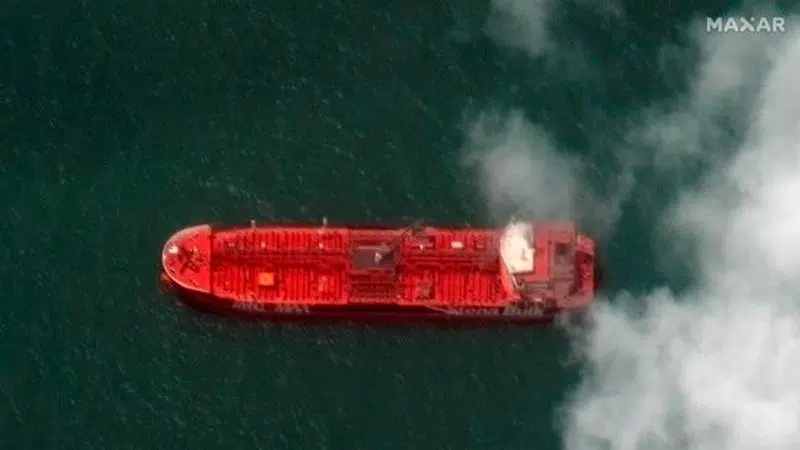
Canadian navy not asked to join British coalition to protect Strait of Hormuz
OTTAWA — Canada has no plans to contribute a ship to Britain’s nascent navy coalition to defend international shipping in the Strait of Hormuz, where its tense dispute with Iran is unfolding.
But Britain is seeking Canada’s vocal support for the deal Iran reached with other western powers to prevent it from developing nuclear weapons, The Canadian Press has learned.
U.S. President Donald Trump’s decision to withdraw the United States from the nuclear agreement it forged with its fellow United Nations Security Council members — Britain, France, China and Russia — as well as Germany is widely viewed as the spark for renewed tensions between Iran and the West.
Those tensions further escalated last Friday when Iran seized the British-flagged oil tanker Stena Impero as it was transiting the narrow and strategically vital international waterway between Oman and Iran through which one-fifth of the world’s oil is shipped.


